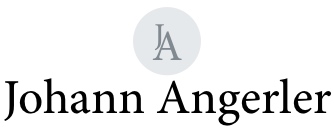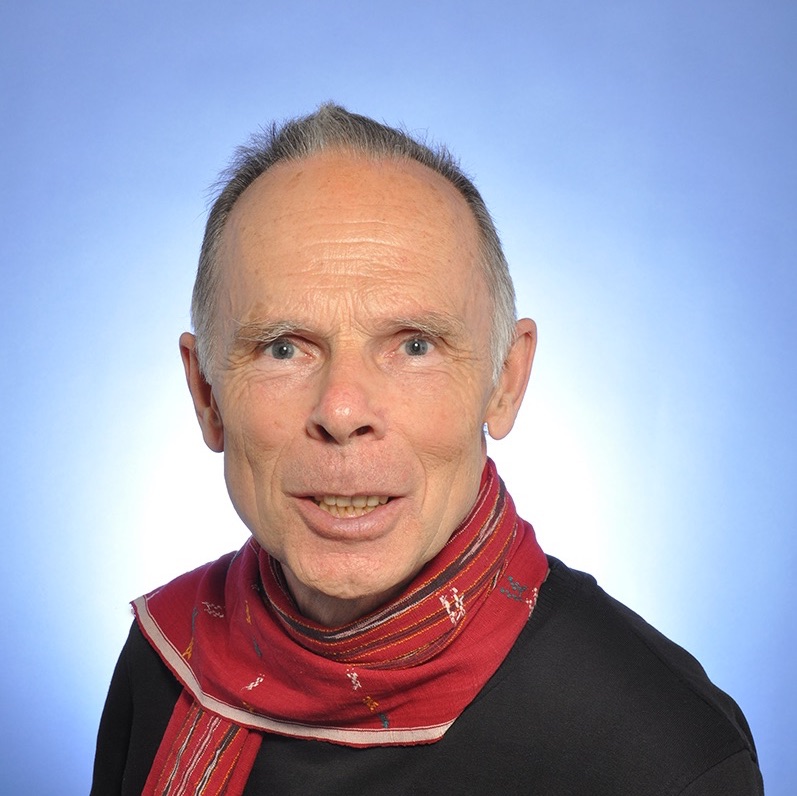This is not a hastily written book. I thought about the idea for years before I actually began to write. Even then it took me more than three years to finish the manuscript. Although I have studied human cooperation throughout my scholarly career and I am well informed about the scholarly discourse relevant to it, to extend the subject to all mankind and, moreover, argue for unity and propose a reasonable way to achieve this, is an enormous step to take. Not an endeavour to be embarked upon lightly. After all, we are talking about the single most consequential leap which is within grasp of humanity to make. So, when rather dauntedly I had to take on the task of analysing human cooperation and its potential at the largest possible scale, thereby possibly influencing the future of humanity, I hesitated repeatedly. I wanted to be as certain I could be. I did intensive research before I began to write and, during the writing period, I tried to keep up with the incoming new literature relevant to my subject.
The latter was very important to me, not just for intellectual reasons but also emotionally. If you write about a subject which deviates from the common worldview and also from scholarly debate, it is virtually impossible to find friends or colleagues to talk about it during this process. After all, it is about a set of ideas with which nobody around is yet familiar. You cannot talk about aspects of your subject if no inkling of a picture of the whole yet exists in anybody’s mind. But, by reading the incoming literature, by learning about the thoughts of others who are concerned with the same matter (or parts of it) as I was, intellectual loneliness never turned into a problem. After learning about the intellectual struggles of others, in various places on this world, I found the general direction of my view confirmed again and again. I felt that this was ongoing human cooperation on an intellectual as well as on global level. Even though it had to be done without the real human interaction which we all crave, it did help me to buoy up my optimism and keep my focus. I’m grateful for this experience.
At some places in the text, I reflected on ongoing developments in the world. Although significant change did happen as time went by while I was busy writing this book, I decided not to alter what I had already written. Instead, once in a while afterwards I commented on my earlier reflections and specified them. In general, I saw my general understanding of our current paradigm as I describe it in the first chapter confirmed. What seemed a difficult task to explain just a few years ago is now staring any keen observer in the face: Global problems are piling up, we are set on an unsustainable course, the narrative we believe in no longer works and, despite a multitude of cogent analyses and ideas for the future, we still have no vision which will allow us to take charge of our destiny.


